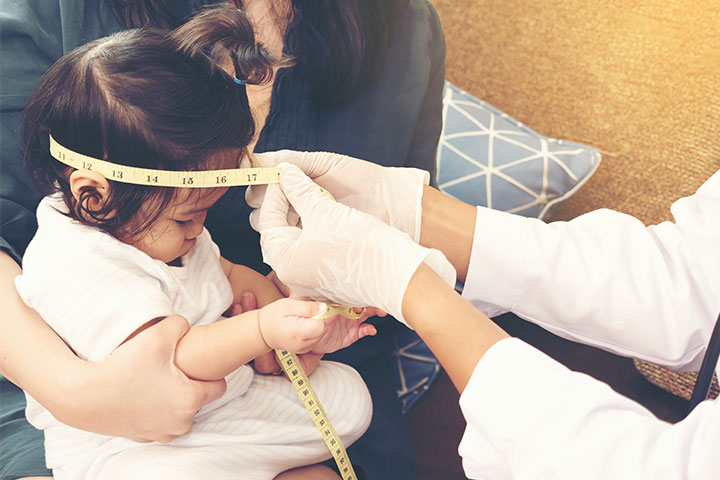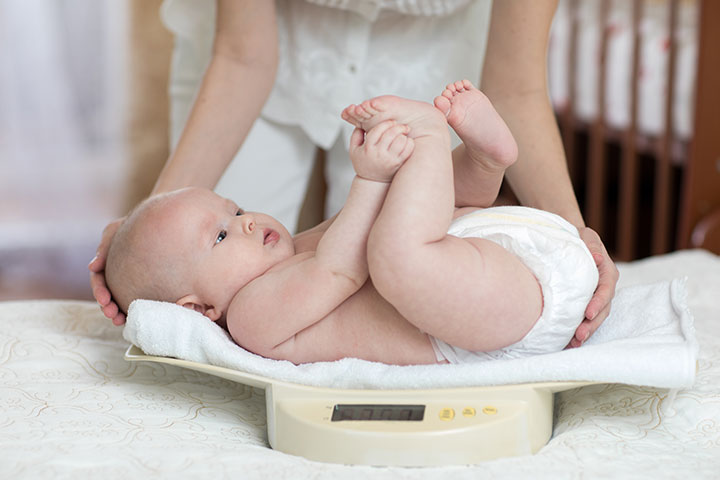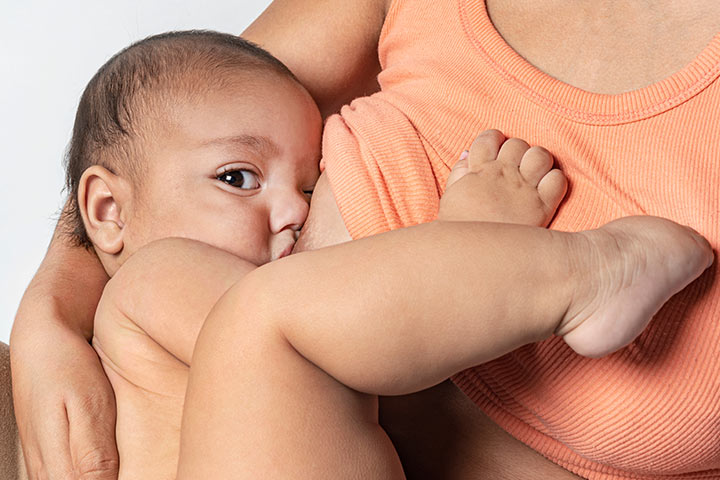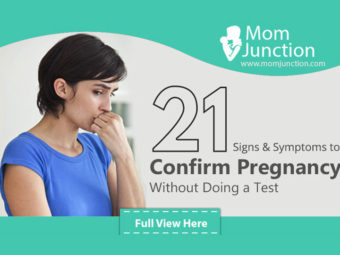
Image: Shutterstock
The moment a woman discovers she is pregnant, she makes sure she eats everything healthy. This is because whatever a pregnant woman consumes, it directly provides nutrition to her baby in the uterus. This nutrition lays the foundation for healthy growth and development of the fetus inside the uterus itself. However, this important process does not stop right there. Rather, it continues even after birth, especially during the first 1000 days of a baby’s life.
Brain Development During The First 1000 Days
The first 1000 days of life are defined as days that span approximately from conception until the second birthday of the baby. The development of the human brain is a continuous lifelong process. However, it shows rapid growth and the highest amount of plasticity from the last trimester to the first 2 years of life (1).
Soon after birth, when the baby is adapting to the new environment and reaching developmental milestones, so is the baby’s brain. As your baby learns to talk, crawl, or walk, the brain constantly develops to accommodate these changes. This is also the phase when the brain develops reasoning capacity, complex thought processes, and mathematical analysis. With so many amazing developmental changes occurring in the brain, any lack of nutrition can act as a hindrance in this extremely critical process. Thus, proper nutrition for the baby is not only necessary during pregnancy but also in the days that follow. And a healthy start in the first 1000 days of your baby’s life can go a long way in ensuring your child a healthy life (2).
The First 1000 Days – Make The Most Of Them
Since the first 1000 days lay the foundation for a healthy start to life, you can make the most of it by providing your baby with all the nutrition that is beneficial for brain development.
During Pregnancy: While you are pregnant, make sure you consume foods that are rich in iron, vitamins, and essential minerals. Taking your prenatal vitamins regularly is also a good way to ensure sufficient nutrition to the fetus.
分娩后:母乳被认为是the best nutritional supplement for the baby. It’s nature’s gift that provides all the necessary nutrition, types of cells, and growth factors that contribute to healthy brain development. In fact, the WHO recommends that a baby should be breast-fed exclusively for six months after birth to achieve optimal development, growth, and health (3).
If you are unable to breastfeed your baby, you can go for an approved infant formula that contains nutrients that are necessary for healthy brain development.
When you start your baby on solids, give him/her a variety of healthy foods that are a good source of proteins, iron, zinc, choline, iodine, folate, vitamins (A, B6, B12, D), and calories. Long-chain polyunsaturated fatty acids are a special kind of necessary fat that is found in fish, breast milk, and a variety of nuts that can prove to be beneficial for brain growth (4).
While all the vitamins and minerals mentioned above are necessary for brain development, iron is the most important nutrient of them all. Often, iron deficiency in babies has been linked to a variety of growth deficiencies and brain development impairments. An adequate amount of iron supplementation, especially during pregnancy, has been found to act as a deterrent against such neurodevelopmental impairments (5).
Most of us are well aware of the importance of nutrition during pregnancy and for infants. However, we’re sure not many of us knew exactly the importance of the first 1000 days of our children’s life and its impact on brain development. Now that we do, parents should take this as a window of opportunity to ensure good brain development of their babies. After all, it makes good sense to help the brain develop better at a stage where it is growing at a rapid pace than to provide supplements after a deficiency has occurred. Haven’t we all heard that prevention (of deficiencies) is better than the cure!
















